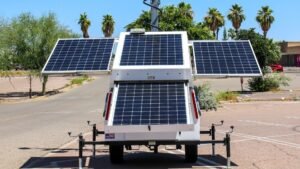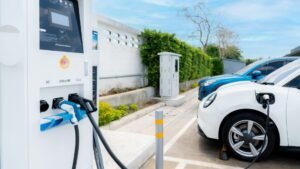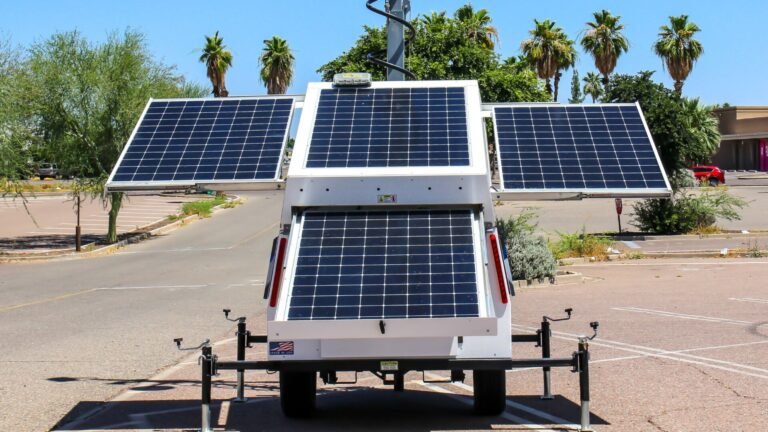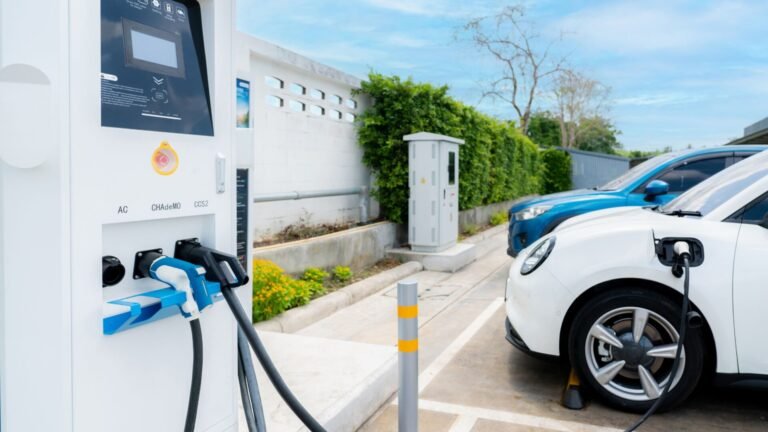Introduction
Solar energy is not just a source of clean power; it’s a catalyst for global sustainable development. In aligning with the United Nations’ Sustainable Development Goals (SDGs), solar energy stands as a versatile tool in addressing various global challenges.
This blog explores the multifaceted role of solar energy in achieving these goals.
1. Energizing Underserved Areas
Solar power’s role in providing affordable and clean energy is critical, especially in remote and rural areas where grid access is limited.
Solar installations bring electricity to these regions, enhancing quality of life and economic opportunities.
2. Mitigating Climate Impact
Solar energy is integral to climate change mitigation efforts. By replacing fossil fuels, solar power significantly reduces greenhouse gas emissions, helping nations meet their climate goals and protect the environment.
3. Stimulating Economic Growth
The solar industry is a burgeoning source of employment and economic activity. From manufacturing to installation, it creates numerous jobs and drives local economies, particularly in regions transitioning from traditional energy sources.
4. Powering Education
Reliable electricity from solar energy transforms educational experiences. It enables consistent lighting, powers technological tools, and extends learning hours, contributing significantly to educational quality and accessibility.
5. Empowering Women
Solar projects often include initiatives that empower women, offering training and employment in the renewable energy sector. This involvement helps to break gender barriers and promotes equality in traditionally male-dominated fields.
6. Advancing Health
Switching to solar reduces health risks associated with pollution from conventional energy sources. In healthcare facilities, reliable solar-powered electricity ensures uninterrupted medical services, crucial for community health.
7. Sustainable Industrial Practices
Solar power supports sustainable industries by providing a clean, renewable energy source. It drives innovation in green technology and helps industries reduce their environmental impact.
8. Water Sanitation and Access
Solar energy can power water purification and supply systems, ensuring access to clean water, which is vital for health and sanitation, particularly in arid and remote regions.
9. Global Partnerships
The solar sector exemplifies effective global partnerships. Collaboration between countries, private sectors, and international organizations in solar projects highlights the power of joint efforts in achieving sustainable development.
10. Ecological Conservation
Solar farms, designed with ecological considerations, minimize land use impact and can coexist with local biodiversity, contributing to the conservation of ecosystems.
11. Addressing Urban Energy Needs
In urban areas, solar energy reduces reliance on unsustainable power sources, decreases pollution, and can even alleviate urban heat islands, making cities more sustainable and livable.
12. Reducing Inequality
Solar energy plays a role in reducing inequalities by providing affordable and accessible energy to marginalized communities, bridging the gap between the energy-rich and energy-poor.
13. Building Resilient Infrastructure
Solar power contributes to building resilient infrastructure by providing a reliable and sustainable energy source that is less vulnerable to disruptions and external shocks.
14. Fostering Responsible Consumption
By promoting the use of renewable energy, solar power encourages responsible consumption and production patterns, reducing the ecological footprint of energy generation.
15. Ensuring Food Security
Solar-powered irrigation systems and agricultural technologies can enhance food production, particularly in drought-prone areas, contributing to food security and sustainable agriculture.
Conclusion
Solar energy’s impact in achieving the Sustainable Development Goals is comprehensive and profound. From powering homes and schools to driving economic growth and protecting the environment, solar energy is a key enabler of sustainable development.
Its potential to transform societies and economies underscores the urgency of embracing this clean, renewable energy source.





